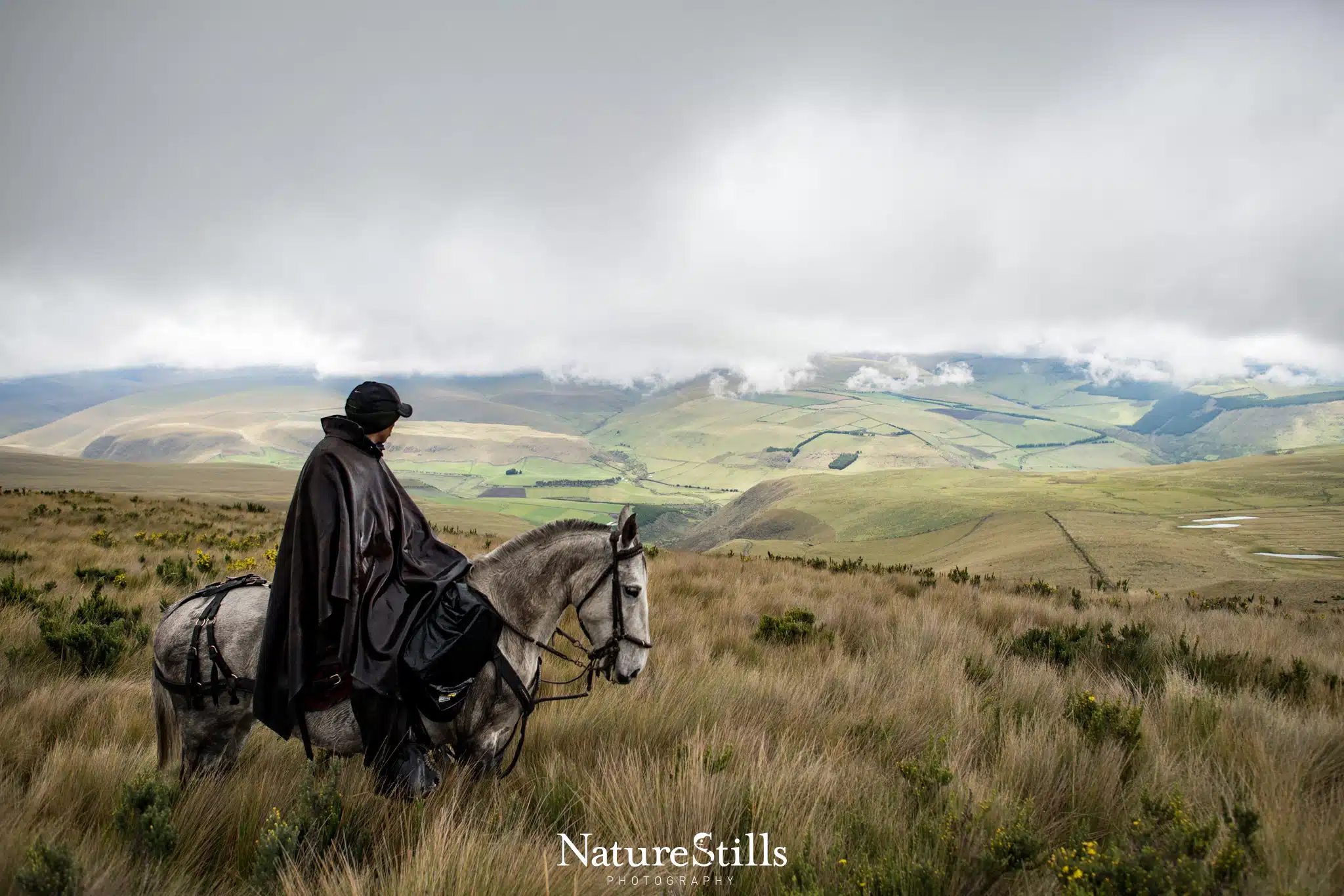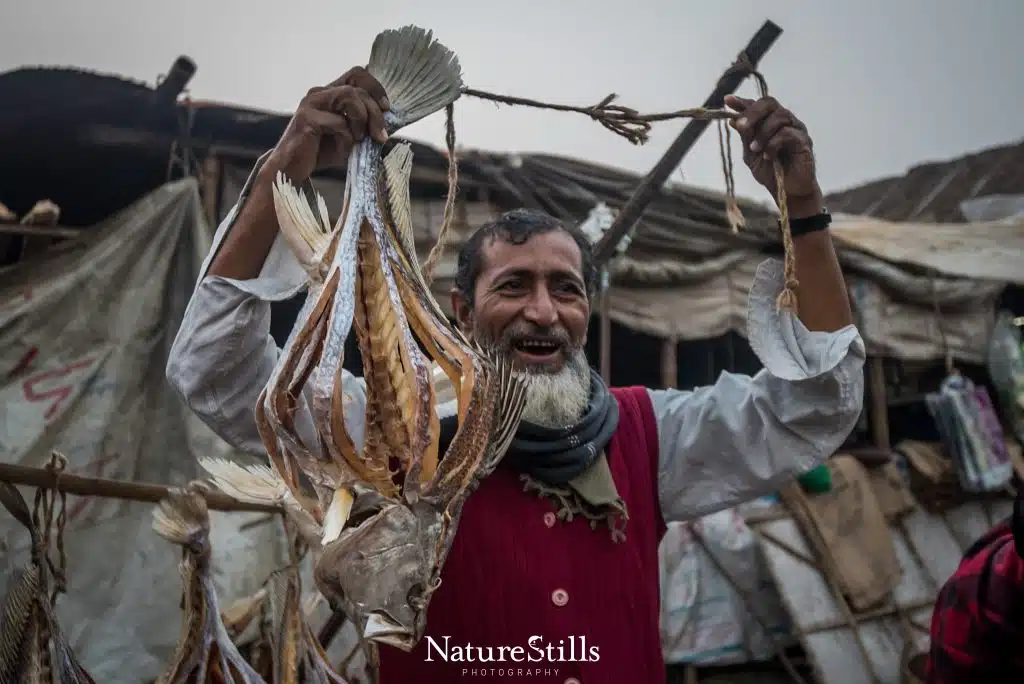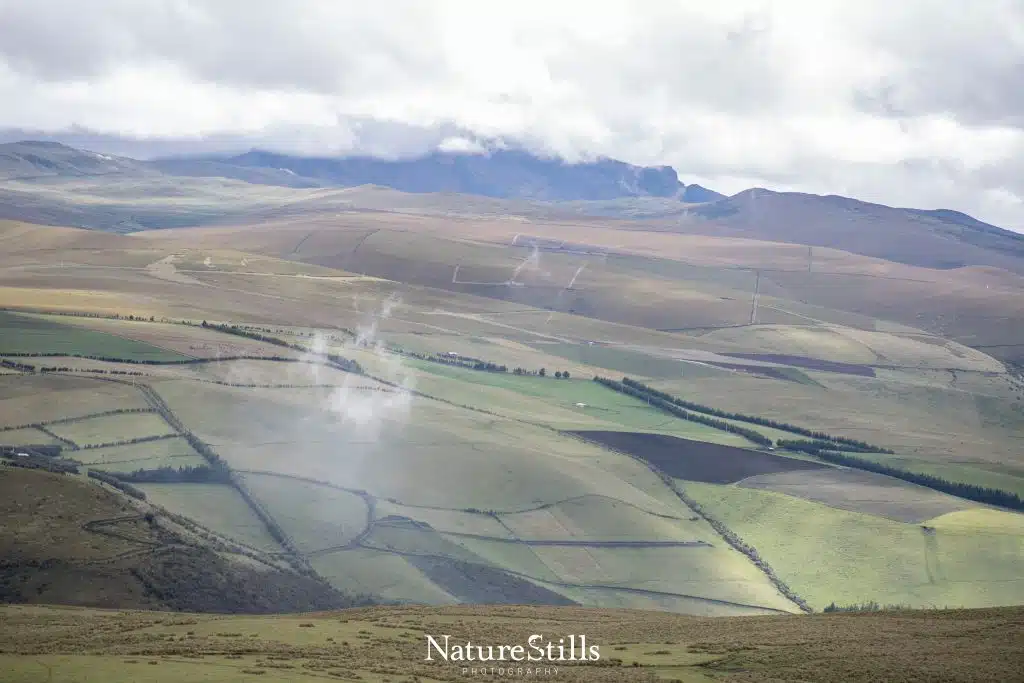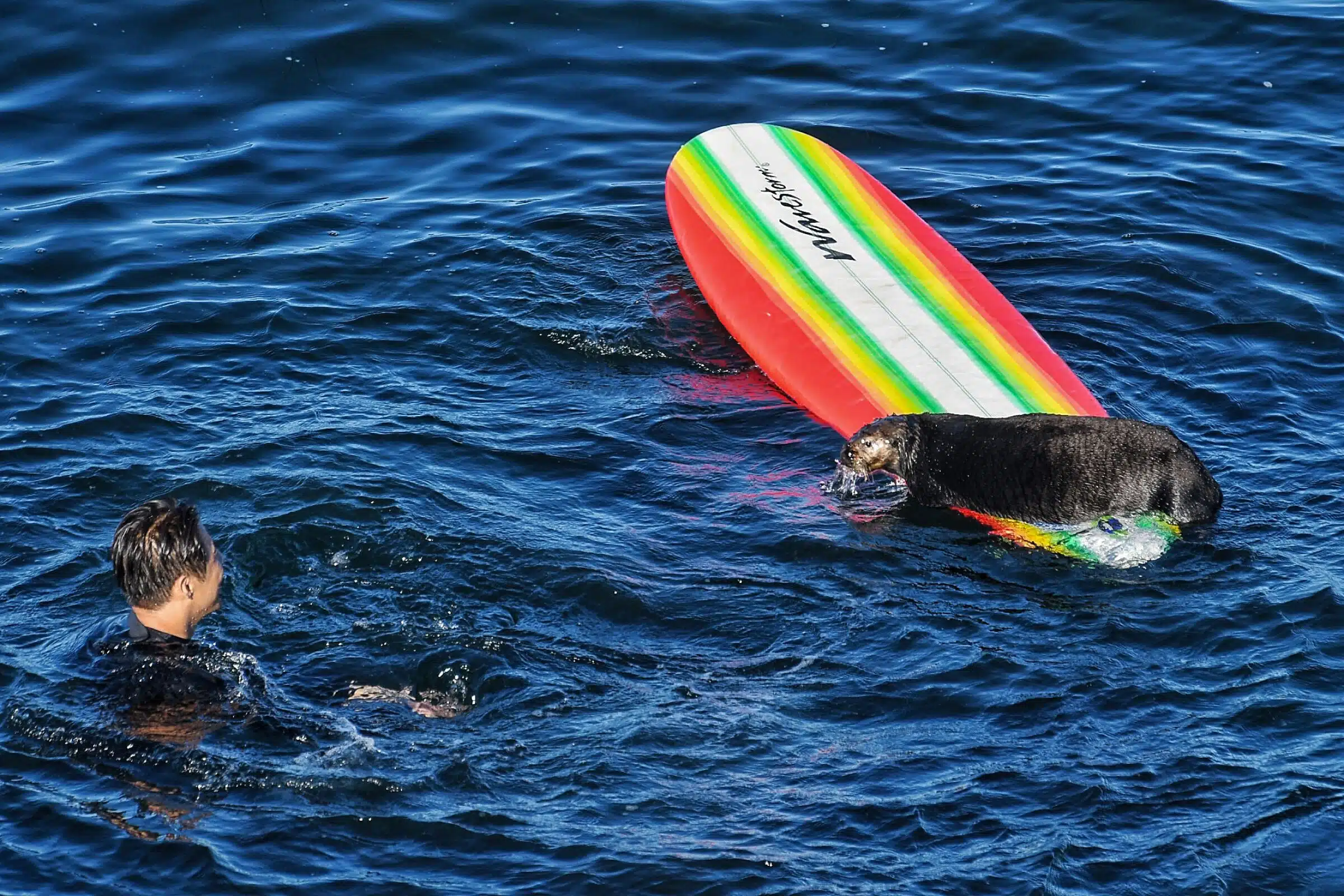Authored by Scott Trageser Conservationists have lofty goals of protecting large swaths of wild spaces.…

4.
Ranching vs Conservation
Authored by Scott Trageser
It’s not often I hear the other side of a conservation success story, one told through the eyes of a stakeholder who’s seeking sympathy for losing out on the deal. So let’s dive deeper and paint some color in between his lines.
I encourage you to read the original article here:
If you’re short on time the TL;DR is: the island of Maui bought a plot of 3,400 aces of ranchland which was leased to a rancher in order to create the Kamehamenui Forest Reserve and convert it back into threatened native forest. The reserve will protect endangered wildlife and also plant 433,800 trees in phases over the coming years to bolster Maui’s freshwater supply during a period of increasingly severe droughts. The reforestation aims to produce an additional 296 million gallons of water per year for Maui. Brendan Balthazar, the rancher, believes the world doesn’t properly value his craft or the associated Paniolo culture, and that the better option for Maui would be for him to continue his ranching.
The crux of the issue lies in our opposing views of land management. The article states “Balthazar set out to prove he was the land’s best steward. He cleared invasive trees, fertilized the grass and built a water system to feed troughs high upslope above the clouds…There’s a lot of land that requires a lot of management, who’s in a better position to care for that resource and fund that cost than those ranchers who have been doing so — some for over a century?” Their idea of management is to inefficiently convert grassland into beef for personal gain, under the guise of cultural enrichment, while denying almost 300 million gallons to Maui citizens and also denying the native flora and fauna vital refuge above the avian malaria line. Unsurprisingly, in his eyes, Balthazar honestly thinks he was doing a good thing by maintaining this ranch land the way he has, and unsurprisingly, I disagree on objective grounds.
Balthazar conveniently leaves out that the grass which he fertilizes is just as invasive, or even more so, than the invasive trees he boasts of having cut down. So, whether something is invasive or not is irrelevant to him, his management simply made his land more amenable to his cows—an obviously good thing in his eyes. Considering how the health of his cows is the paramount objective for his entire ranching career/life, it’s easy to see how a simple man could lose sight of one truth for another. For him, the health of cows directly translated to his health, his family’s health. Hidden even from him, it was never about the land; it was about his own vested interests.
There is a culture clash here. On one side we have the ranchers who claim to love nature, and the other side are conservationists who also claim to love nature. Funny thing is, one side may not truly love nature. Abraham Twerski, a famous Rabbi, has a perfect analogy for this situation conveyed through the idea of “fish love” where he says:
‘Young man. Why are you eating that fish?’ The young man says, ‘Because I love fish.’ He says, ‘Oh. You love the fish. That’s why you took it out of the water and killed it and boiled it.’ He says, ‘Don’t tell me you love the fish. You love yourself, and because the fish tastes good to you; therefore, you took it out of the water and killed it and boiled it.’

I believe many ranchers are mistaken. They love their time in the outdoors and they love what nature provides for them, but they do not truly love nature. To truly love something means you love it for its own intrinsic worth, not what it provides for you. We understand this when it comes to our families and friends, but somehow this idea gets lost when translated to other species.
In the interview Balthazar also said, “he dreamed that one day he’d pass the lease down to the next generation, preserving the paniolo tradition that’s at risk of vanishing along with Maui’s open spaces.” Superficially this is a noble claim, assuming he has the same reverence for indigenous Hawaiian culture and the less observable cultures of the species for which his land denies. Open spaces and tradition shouldn’t have any intrinsic worth though. Perhaps that’s too big of a claim to fully substantiate here, but by mere virtue of something simply having been done for many years doesn’t mean it must continue to be done. Cannibalism was a proud tradition that had been practiced since time immemorial, but few are upset the tradition ended (and yes a few are upset). I don’t mean to equate ranching to cannibalism in substance, only in context, but note that both do cause the death and suffering of other conscious beings. Claiming as Balthazar has, that open space is an inherent good, is myopic. Urban parks and beaches provide plenty of open space for the residents and tourists of Maui, and the mountains used to provide plenty of closed space for the wild denizens of Maui, but now less than 1/4th of Maui’s dense forest remains.
I’ll quickly point out as well that Balthazar’s quote of “Once you lose it, it’s gone, it’s lost forever,” is supposedly referring to ranch land and it’s about as far off base as you can get. You can always cut down the forest, reintroduce invasive grasses, and slap some cattle on land, but in some cases old growth habitats actually can’t ever return to their prior state due to permanent biodiversity loss or climatic shifts. But again, someone who has only experienced a narrow truth their entire lives, can easily fail to see the world for what it truly is.

From a more holistic perspective, of the 26 billion or so acres of habitable land on this Earth which is shared by millions of species, 1 man believes he should keep 3,400 acres from being converted back to natural forest in Hawaii, otherwise known as “the extinction capital of the world.” Let’s keep the math simple and say there’s 8 billion people and 26 billion available acres, that leaves 3.25 acres if we somehow agreed to share everything evenly and disregarded any land for animals. Even still, this one man and his myopic views presided over more than 1000x his share of land. No amount of cultural entitlement or poverty pleading should ever give you that outsized of vote over our land. And despite ranchers’ reverence for capitalism, many ranchers still refuse to accept that much of their work isn’t economically viable, even with massive “socialist” subsidies. Sir, you have my sympathy for going through a hard time, you truly do, but that is not a legitimate reason to second guess this decision to return that land back to Nature from who you borrowed it and allow thousands of locals and tourists to enjoy the new forest trails in addition to providing 300 million gallons of water to Maui citizens.
A retired rancher is quoted as saying “every ranch that fails is a loss to the whole industry,” and while that’s celebrated by many (including myself), the stakeholders with the losing investments will nearly always view it as a loss. Balthazar says, “I kept praying that things would change, and someone would see the importance of saving the little ag land we have,” and here I am on the other side of that prayer wishing he would understand that the days should be numbered for ranchers crowding out the other 99.999999% of species on earth for an inefficient, climate-change inducing, water-stealing, and unprofitable energy conversion of grass to beef.
I’d like to think that if I could sit down at a bar with Balthazar, that I could begrudgingly convince him that his loss of land is the best thing for Maui through sheer power of empathic logic. If not with Balthazar, I do look forward to having this discussion with more ranchers in person to more thoroughly understand their position and how we can make this transition easier on everyone. In the coming years, whether from harsh social and economic realities or from failing to adapt to climate change, more and more ranchers will thankfully be abandoning their careers and our society should be ready to provide proper safety nets for economic refuges like Balthazar.
Update Aug 17, 2023: We’ve all heard of the Lahaina fire by now, but you might not have heard that the fire was only possible because of the grasses that ranchers, like the Balthazar, introduced and perpetuated. What we need is reforestation, not a doubling down on cattle ranching!


This Post Has 0 Comments